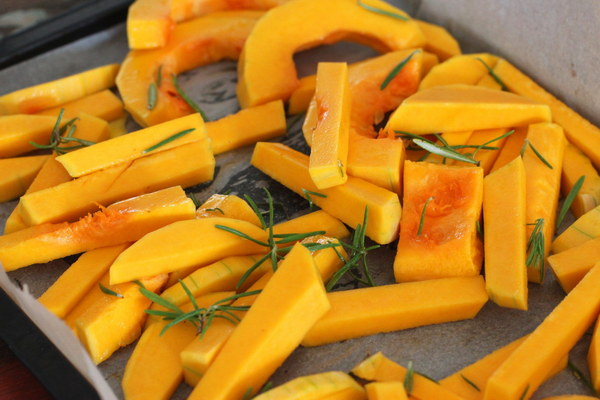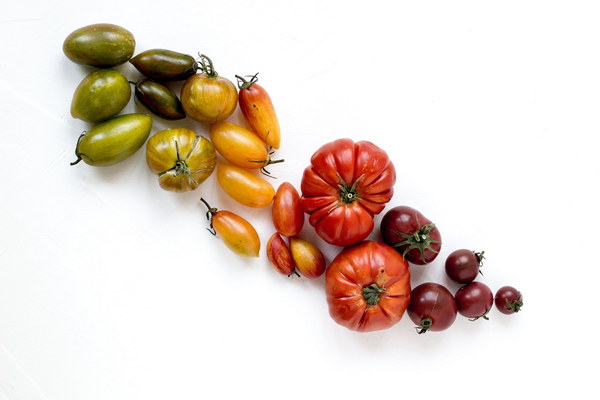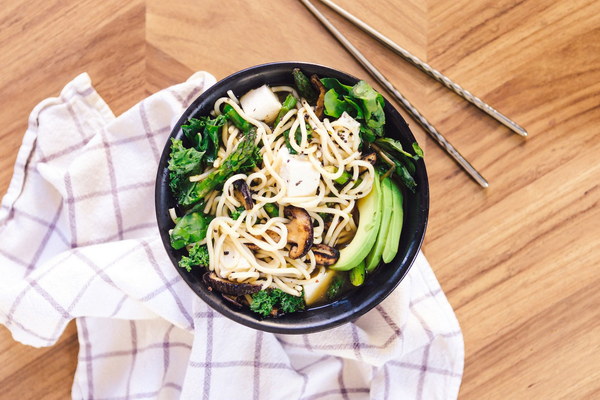Healing Your Shin Splints A Nutritional Guide for Muscle Recovery
Introduction:
Shin splints, also known as medial tibial stress syndrome, are a common condition among runners, athletes, and individuals who engage in activities that involve repetitive stress on the lower leg muscles. While proper rest and physical therapy are essential for recovery, nutrition plays a crucial role in speeding up the healing process. In this article, we will explore the best foods and nutrients to incorporate into your diet to help you recover from a calf muscle strain.
1. Protein for Muscle Repair
Protein is essential for muscle repair and recovery, as it provides the building blocks for new muscle tissue. Incorporate the following protein-rich foods into your diet:
- Lean meats: Chicken, turkey, and lean beef
- Fish: Tuna, salmon, and mackerel
- Eggs: Rich in essential amino acids, eggs are a great protein source
- Dairy: Milk, yogurt, and cheese provide a good amount of protein and calcium
- Plant-based proteins: Legumes, tofu, tempeh, and seitan are excellent alternatives for vegetarians and vegans

2. Omega-3 Fatty Acids for Inflammation Reduction
Omega-3 fatty acids have anti-inflammatory properties, which can help reduce swelling and pain associated with shin splints. Include these foods in your diet:
- Fish oil supplements: A daily fish oil supplement can help reduce inflammation
- Fish: Fatty fish such as salmon, mackerel, and sardines are rich in omega-3 fatty acids
- Flaxseeds and chia seeds: These seeds contain alpha-linolenic acid (ALA), a type of omega-3 fatty acid
- Walnuts and almonds: These nuts provide a good source of omega-3 fatty acids
3. Calcium and Vitamin D for Bone Health
Weak bones can contribute to shin splints, so it is essential to ensure you are getting enough calcium and vitamin D in your diet. Incorporate the following foods:
- Dairy products: Milk, cheese, and yogurt are excellent sources of calcium
- Leafy greens: Spinach, kale, and collard greens are rich in calcium and vitamin K, which helps with bone absorption
- Fortified foods: Orange juice, cereals, and soy milk are often fortified with calcium and vitamin D
- Supplements: If you are unable to get enough calcium and vitamin D from your diet, consider taking supplements
4. Magnesium for Muscle Function
Magnesium is a mineral that plays a role in muscle function and can help alleviate muscle cramps and pain. Include these magnesium-rich foods in your diet:
- Almonds, cashews, and peanuts: These nuts provide a good amount of magnesium
- Spinach and other leafy greens: Dark leafy greens are a great source of magnesium
- Black beans and kidney beans: These legumes contain a significant amount of magnesium
- Whole grains: Oats, brown rice, and quinoa are excellent sources of magnesium
5. Hydration for Recovery
Proper hydration is essential for overall health and recovery from an injury. Ensure you are drinking plenty of water throughout the day, especially if you are exercising or in a hot environment. Adding a sports drink with electrolytes can also help replenish lost minerals during exercise.
Conclusion:
Recovery from a calf muscle strain requires a combination of rest, physical therapy, and proper nutrition. By incorporating these essential nutrients into your diet, you can support your body's healing process and reduce the risk of future injuries. Remember to consult with a healthcare professional before making any significant changes to your diet or starting a new supplement regimen.









